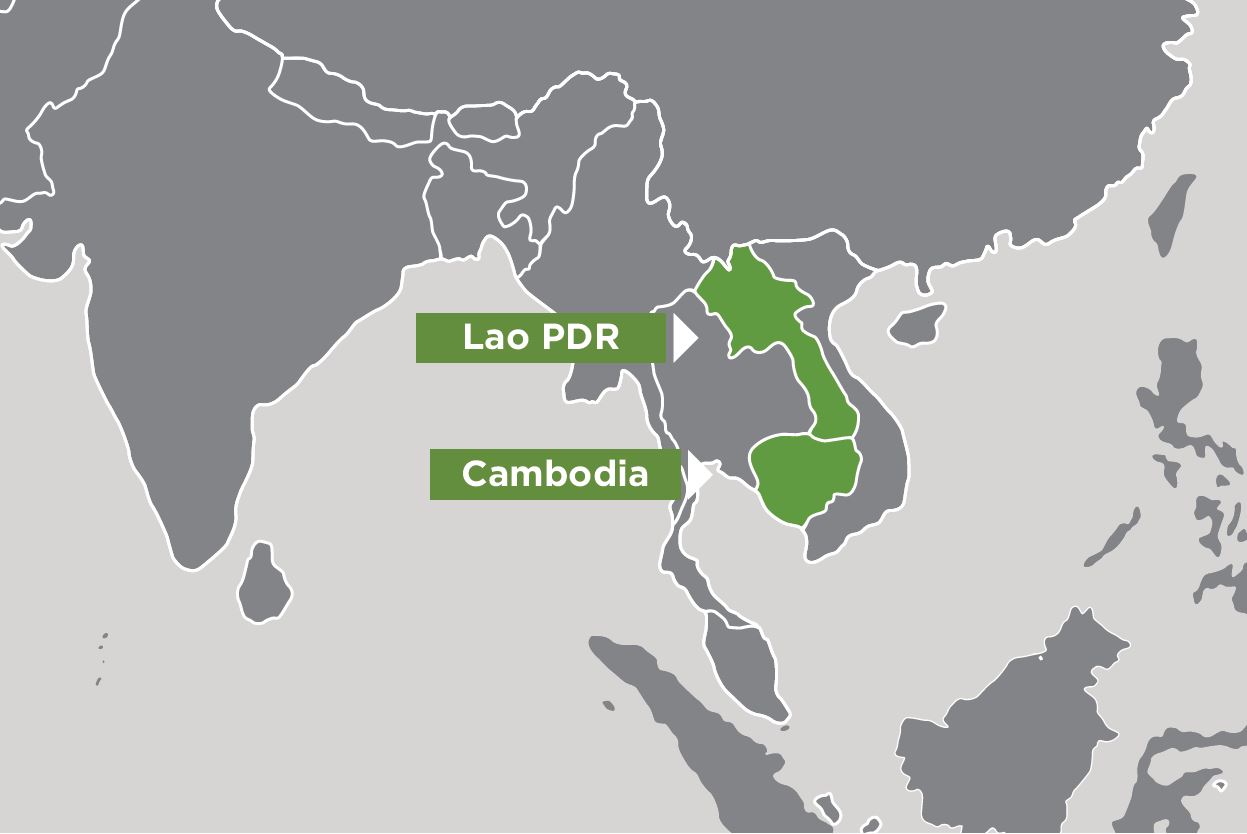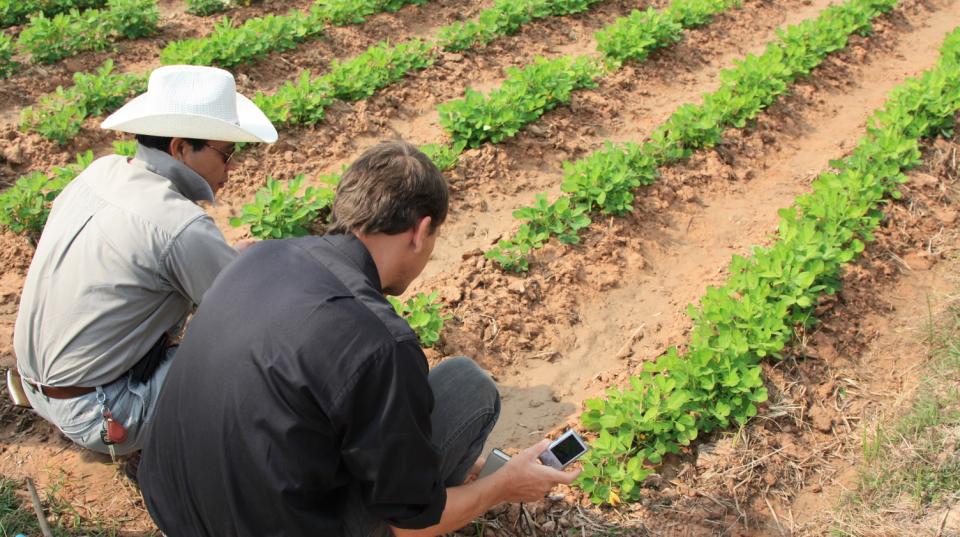Overview
This project aimed to improve soil and irrigation water management in Laos and Cambodia to achieve sustainably improved vegetable yields and household economies.
Laos and Cambodia are developing economies seeking to improve crop yields for domestic consumption and export markets. Enhancing these areas would align with their policy emphases on improving food security, overcoming rural poverty and enhancing economic development.
Women play a key role in socio-economic development, and in both countries female farmers outnumber men. Equity and opportunity for women in agriculture is therefore critical to economic development.
Increasing vegetable production would improve nutrition, generate incomes, and enhance access to learning and education, as well as the management capacities of farmers. But poor soils, and water constraints, limit vegetable productivity in both countries.
Low fertility associated with acid conditions and poor structure are characteristic of the dominant vegetable-growing soils of Lao PDR and Cambodia. Irrigation is necessary for vegetable production during the dry season, however, the efficiency of irrigation is very low due. This project seeks to address these issues.
Project outcomes
- Greater capacity among researchers, extension staff and educators in Laos and Cambodia on improved land management and irrigation practices, socio-economic studies and supply chain assessment.
- Changes in thinking and attitudes on input applications and management of soil fertility and irrigation, contributing to changes in practice and the longer-term development of sustainable vegetable production.
- Improved economic performance of farms following adoption of improved soil and water management, and opportunities for improvements in yield and quality.
- Enhanced urban/regional equity through improved farm production and availability of vegetables for sale.
- Greater ability of agricultural producers to enter the commercial business sector.
- Contributions to food security and resource conservation in the emerging market economies of both countries.
- Improvements in vegetable production indirectly contributing to enhanced nutrition and incomes of participating households.






